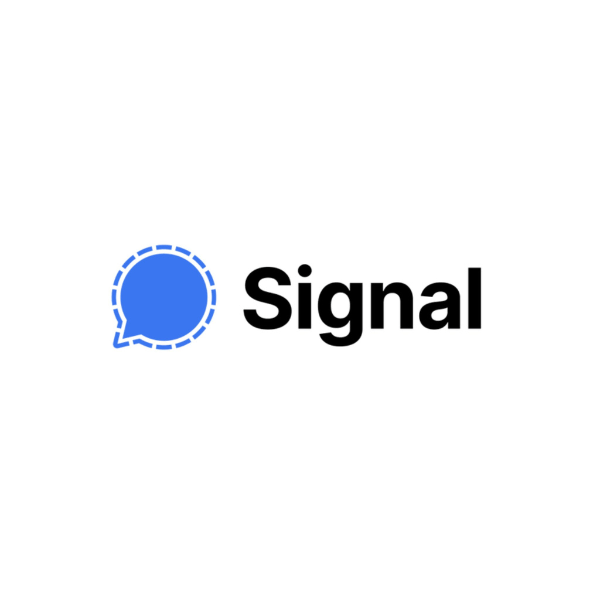Blockchain and Privacy: The Unbreakable Bond of Enhanced Security

In the vast digital realm, the quest for unyielding privacy and security is relentless. As digitalization progresses, so does the technology that safeguards our data. Enter blockchain, a revolutionary technology that promises to transform industries and redefine our understanding of privacy and security.
1. Understanding Blockchain: Beyond Cryptocurrencies
Most associate blockchain with cryptocurrencies like Bitcoin and Ethereum. While it is true that these digital currencies introduced the world to blockchain, its potential stretches far beyond digital wallets.
At its core, a blockchain is a decentralized ledger of transactions. Each transaction is stored in a ‘block’ and linked to the previous one, forming a ‘chain’. This structure ensures that once data is added, it is nearly impossible to alter without altering all subsequent blocks, which would require the consensus of the majority of the network.
2. The Privacy Paradox: Transparency vs. Anonymity
Blockchain operates on a paradox. On the one hand, it offers unparalleled transparency as every transaction is recorded and visible to anyone within the network. On the other, it provides a level of anonymity as transactions are recorded without revealing the identities of the involved parties. Instead, cryptographic keys represent individuals, ensuring personal data remains concealed.
See also: Decentralized Identity: A New Frontier In Online Privacy
3. Enhancing Security: The Immutable Nature of Blockchain
The decentralized nature of blockchain means there is no single point of failure. Traditional databases, like those used by banks or online services, are centralized. If a hacker were to breach this central point, the entire system could be compromised.
With blockchain, however, each participant (or node) in the network has access to the entire database. To tamper with one block, a hacker would need to alter every subsequent block in the chain across every copy of the ledger in the network – a feat near impossible even for the most skilled black hats.
4. Real-world Applications: Beyond Financial Transactions
While blockchain’s roots are in cryptocurrency, its branches extend into various sectors:
- Healthcare: Securely storing patient records, ensuring only authorized personnel access them.
- Supply Chain: Tracking products from origin to consumer, ensuring authenticity and reducing fraud.
- Voting Systems: Creating tamper-proof digital voting systems, enhancing the integrity of elections.

5. The Road Ahead: Challenges and Opportunities
Blockchain is not without its challenges. Scalability, energy consumption, and integration with existing systems are hurdles yet to be fully overcome. However, as technology evolves, so will solutions to these challenges.
In conclusion, blockchain stands as a beacon of hope in the tumultuous seas of the digital world. Its promise of enhanced privacy and security positions it as a pivotal tool in the fight against cyber threats. As we venture further into the digital age, embracing technologies like blockchain will be paramount in safeguarding our digital identities and assets.







